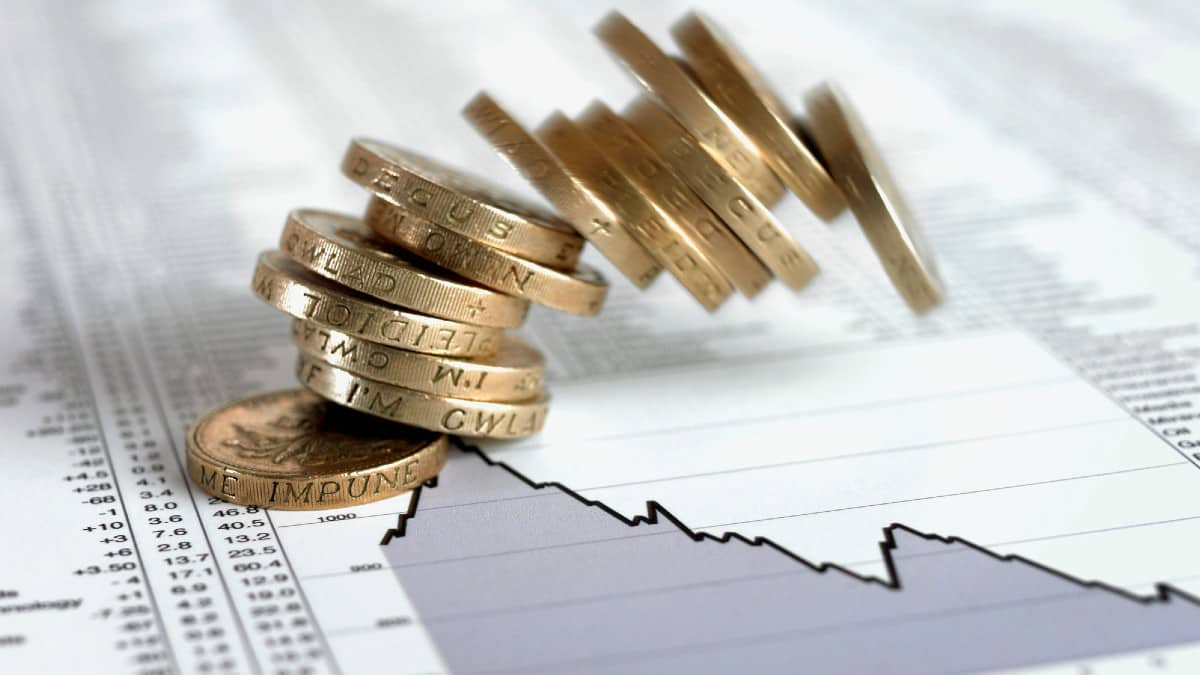The Unilever (LSE: ULVR) share price was firmly in negative territory this morning. Is this connected to the wobbly market conditions we’ve seen earlier this week or are investors simply unimpressed with today’s first-half numbers? I think it’s a mixture of the two.
“Good progress”
As far as I’m concerned, today’s results were far from bad. Unilever delivered sales growth of 5.4% over the first six months of 2021. In fact, this was better than analysts had been expecting.
Like so many other businesses, the FTSE juggernaut is also seeing the benefit of having a solid online channel. Its e-commerce arm grew 50% over the first half of 2021. No less than 11% of the firm’s sales now come from here.
Should you invest £1,000 in Unilever right now?
When investing expert Mark Rogers has a stock tip, it can pay to listen. After all, the flagship Motley Fool Share Advisor newsletter he has run for nearly a decade has provided thousands of paying members with top stock recommendations from the UK and US markets. And right now, Mark thinks there are 6 standout stocks that investors should consider buying. Want to see if Unilever made the list?
On top of this, CEO Alan Jope said that the company had made “good progress” on its strategic goals. These include rotating its portfolio to “high growth spaces” such as Prestige Beauty and Functional Nutrition.
As a result, the company remains “confident” that it will hit its 3-5% sales growth target for the full year. That doesn’t sound too bad, right?
So why is the Unilever share price lower?
There might be a few reasons. While it’s confident on its sales growth target, it did highlight that it would face “more challenging comparators” in the second half of 2021.
In addition to this, cost inflation is starting to have an impact. In fact, the company can’t be sure what margins will look like by the end of 2021. For its part, Unilever thinks they will come in flat. However, that’s unlikely to have gone down well with a market that’s already worried about rising Covid-19 infections and the accompanying ‘pingdemic’.
Chuck in some currency headwinds and a reduction in free cash flow and the fall in the Unilever share price makes more sense. More generally, some investors may simply be less bullish on management’s ability to grow the business. That’s understandable to a point. Growth has stalled somewhat in recent years.
Here’s why I’d buy today
Before markets opened this morning and Unilever’s share price dived, the stock traded on 20 times earnings. To me, this already looked like a fair price to pay. This is a high-quality, defensive business with a portfolio of familiar brands and a track record of generating great returns on capital. It’s unlikely to ever trade at a ‘bargain’ valuation.
Unilever isn’t lacking in big-name supporters either. Tellingly, top UK fund manager Nick Train continues to hold the stock in spite of near-term issues. In fact, Unilever represents Train’s third-biggest holding in both the Lindsell Train Global Equity and UK Equity funds.
I also think the dividend stream compensates for the uninspiring performance in the Unilever share price over the last year. The current analyst consensus has the FTSE 100 firm returning 144p per share this year. That’s a yield of 3.5% at today’s price.
On top of this, the firm is busy buying back up to €3bn of its own stock. In time, this should help push the Unilever share price higher.
Opportunity knocks
When looking for potential core holdings for my portfolio, this FTSE 100 company always springs to mind. And, despite today’s tumble, I still reckon Unilever is a great stock to own for the long term. I’d be happy to buy today.








